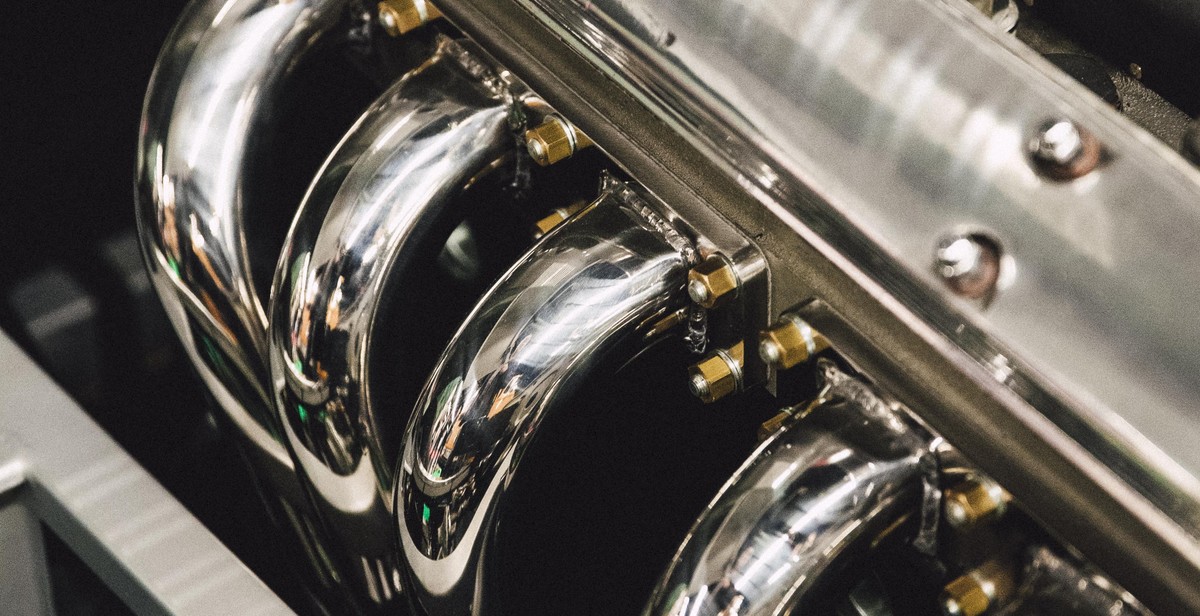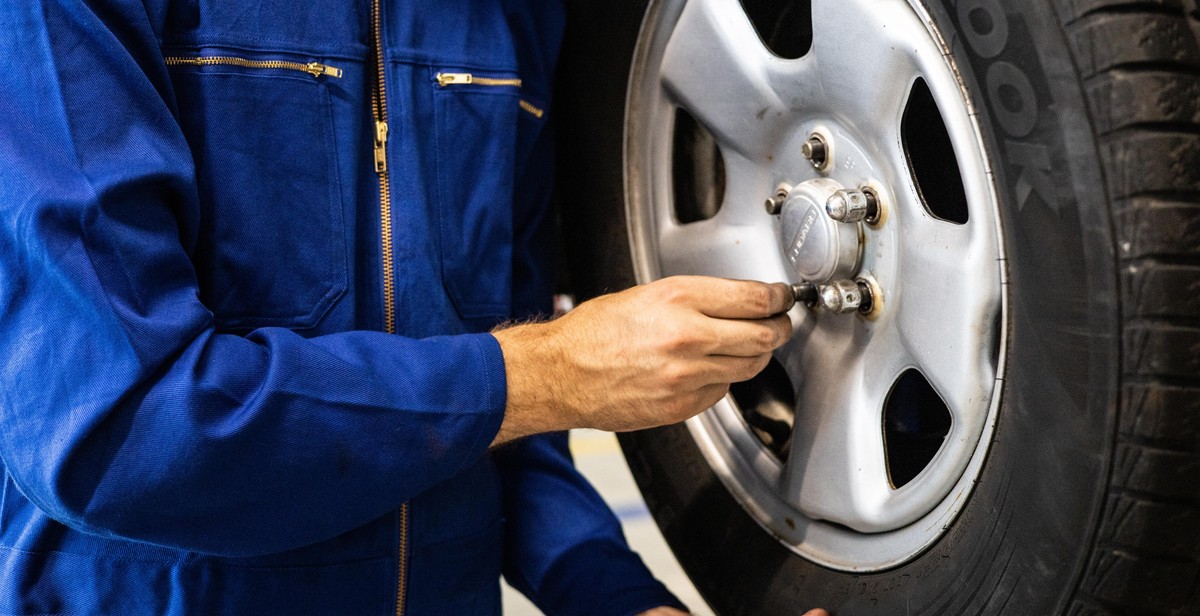How to Perform a Basic Car Engine Tune-Up
Performing a basic car engine tune-up is essential to keep a car running smoothly and efficiently. Regular tune-ups can also help prevent major engine problems and save money on costly repairs. While some car owners may prefer to take their vehicles to a mechanic for a tune-up, it is possible to do it yourself with some basic knowledge and tools.
The Benefits of a Basic Car Engine Tune-Up
A basic car engine tune-up involves a series of maintenance tasks that can help improve the performance and longevity of a car’s engine. Some of the benefits of a tune-up include:
- Improved fuel efficiency
- Increased power and acceleration
- Reduced emissions
- Smoother idle and overall engine performance
- Prevention of major engine problems
When to Perform a Basic Car Engine Tune-Up
The frequency of a tune-up largely depends on the make and model of a car, as well as its age and condition. As a general rule, it is recommended to perform a tune-up every 30,000 miles or every two years, whichever comes first. However, some cars may require more frequent tune-ups, especially those that are driven frequently or in harsh conditions.
Now that you understand the benefits and frequency of a basic car engine tune-up, let’s dive into the steps involved in performing one.

Why is a Basic Car Engine Tune-Up Important?
A basic car engine tune-up is an essential maintenance task for any vehicle owner. It involves several procedures that improve the efficiency, performance, and lifespan of the engine. Here are some reasons why a basic car engine tune-up is important:
Improved Efficiency
When a car’s engine is not tuned up properly, it can consume more fuel than necessary to run. This means that the car will not be as fuel-efficient as it should be. A basic engine tune-up involves cleaning or replacing the air filter, which allows air to flow freely into the engine. This increased airflow helps the engine to burn fuel more efficiently, which in turn improves fuel economy and reduces emissions.
Better Performance
A car that has undergone a basic engine tune-up will perform better than one that has not. The tune-up process includes checking and adjusting the spark plugs, which are responsible for igniting the fuel in the engine. If the spark plugs are worn out or not functioning properly, the engine may misfire or run poorly. By replacing or adjusting the spark plugs, the engine will run more smoothly and have better acceleration and power.
Increased Lifespan of Engine
Regular engine tune-ups can help to extend the lifespan of a car’s engine. During the tune-up process, the mechanic will inspect various engine components, including the belts and hoses, to ensure that they are in good condition. If any parts are worn or damaged, they can be replaced before they cause more serious problems that can lead to engine failure. Additionally, a clean engine that runs smoothly will experience less wear and tear, which can help it last longer.
In conclusion, a basic car engine tune-up is an important maintenance task that can improve the efficiency, performance, and lifespan of a car’s engine. By having a tune-up performed regularly, car owners can save money on fuel costs, avoid costly repairs, and keep their vehicles running smoothly for years to come.

What is a Basic Car Engine Tune-Up?
A basic car engine tune-up is a type of maintenance that helps to keep your vehicle running smoothly and efficiently. It involves several different procedures that are designed to optimize the performance of your car’s engine. Here are the four main components of a basic car engine tune-up:
Replacement of Spark Plugs
Spark plugs are an essential component of your car’s ignition system. Over time, they can become worn or dirty, which can cause misfires and other performance issues. During a basic car engine tune-up, your mechanic will inspect your spark plugs and replace them if necessary. This will help to ensure that your engine is firing correctly and that your car is running smoothly.
Replacement of Air Filter
Your car’s air filter is responsible for filtering out dirt and debris from the air that enters your engine. Over time, it can become clogged, which can reduce airflow and cause your engine to run less efficiently. During a basic car engine tune-up, your mechanic will inspect your air filter and replace it if necessary. This will help to ensure that your engine is receiving the proper amount of air and that it is running efficiently.
Checking and Adjusting Ignition Timing
Ignition timing refers to the timing of the spark that ignites the fuel in your engine. If the timing is off, it can cause your engine to run poorly and can even cause damage. During a basic car engine tune-up, your mechanic will check your ignition timing and adjust it if necessary. This will help to ensure that your engine is firing at the proper time and that it is running smoothly.
Checking and Adjusting Carburetor or Fuel Injection System
Your car’s carburetor or fuel injection system is responsible for delivering fuel to your engine. Over time, these systems can become dirty or clogged, which can cause your engine to run poorly. During a basic car engine tune-up, your mechanic will inspect your carburetor or fuel injection system and adjust it if necessary. This will help to ensure that your engine is receiving the proper amount of fuel and that it is running efficiently.
Overall, a basic car engine tune-up is an essential type of maintenance that can help to keep your car running smoothly and efficiently. By replacing spark plugs, air filters, and adjusting ignition timing and fuel delivery systems, you can help to ensure that your engine is running at its best.

How to Perform a Basic Car Engine Tune-Up
Performing a basic car engine tune-up is an essential aspect of car maintenance. It ensures that your car engine runs smoothly, enhances fuel efficiency, and prolongs the lifespan of your vehicle. Here’s how to perform a basic car engine tune-up.
Gather the Necessary Tools
Before you start the tune-up process, you need to gather the necessary tools. You’ll need a socket wrench, spark plug socket, spark plug gap gauge, Phillips-head screwdriver, flat-head screwdriver, carburetor cleaner, air filter, and new spark plugs. It’s essential to have the right tools to make the process smoother and quicker.
Replace Spark Plugs
The first step in performing a basic car engine tune-up is to replace the spark plugs. Spark plugs are responsible for igniting the fuel in the engine, and if they’re worn out, your car’s performance will be affected. Locate the spark plugs, remove them using a spark plug socket and replace them with new ones. Ensure that you use the right spark plugs for your car’s make and model.
Replace Air Filter
The air filter is responsible for filtering out dirt and debris from the air that enters the engine. A dirty air filter can reduce your car’s performance and fuel efficiency. To replace the air filter, locate it under the hood and release the clips that hold it in place. Remove the old filter and replace it with a new one. It’s recommended to replace the air filter every 12,000 miles.
Check and Adjust Ignition Timing
The ignition timing determines when the spark plugs ignite the fuel in the engine. If the ignition timing is off, your car’s performance will be affected. To check the ignition timing, you’ll need a timing light. Connect the timing light to the battery and spark plug wire, start the engine and shine the light on the timing marks. If the timing is off, adjust it using a flat-head screwdriver.
Check and Adjust Carburetor or Fuel Injection System
The carburetor or fuel injection system is responsible for mixing fuel and air and delivering it to the engine. If it’s not functioning correctly, your car’s performance will be affected. To check and adjust the carburetor or fuel injection system, you’ll need to refer to your car’s owner’s manual. It’s recommended to have a professional mechanic check and adjust the carburetor or fuel injection system.
| Tools Required |
|---|
| Socket wrench |
| Spark plug socket |
| Spark plug gap gauge |
| Phillips-head screwdriver |
| Flat-head screwdriver |
| Carburetor cleaner |
| Air filter |
| New spark plugs |
Performing a basic car engine tune-up is essential to keep your car running smoothly. By following the steps outlined above, you can enhance your car’s performance, fuel efficiency, and prolong its lifespan. Remember to refer to your car’s owner’s manual for specific instructions and recommendations.

Conclusion
Performing a basic car engine tune-up is a crucial aspect of maintaining your vehicle’s performance, fuel efficiency, and longevity. It doesn’t require any specialized knowledge or tools, and you can do it yourself with some basic skills and a little patience.
Key Takeaways
- Regular tune-ups can prevent major engine problems and save you money in the long run.
- The basic components of a tune-up include inspecting and replacing spark plugs, air filters, and fluids.
- Other components that may need attention include the battery, belts, hoses, and PCV valve.
- Consult your owner’s manual or a trusted mechanic for specific recommendations and intervals for tune-ups.
Final Thoughts
By following the steps outlined in this article, you can perform a basic car engine tune-up and keep your vehicle running smoothly. Don’t neglect this important maintenance task, as it can save you time, money, and headaches in the long run. Regular tune-ups can also help you identify potential problems before they become major issues, allowing you to address them proactively and avoid costly repairs.
| Author: | John Smith |
| Published: | June 1, 2021 |
| Category: | Car Maintenance |
